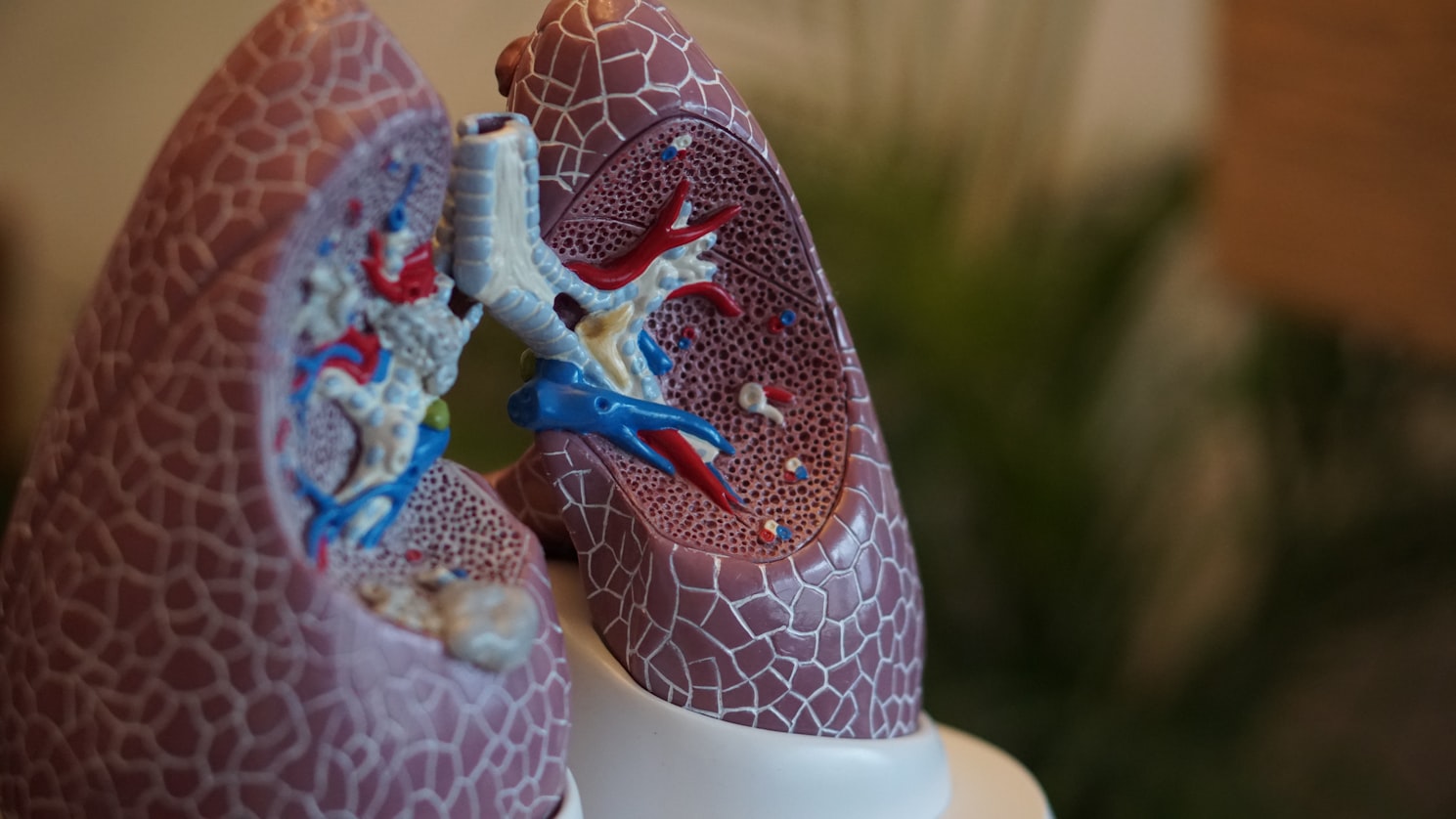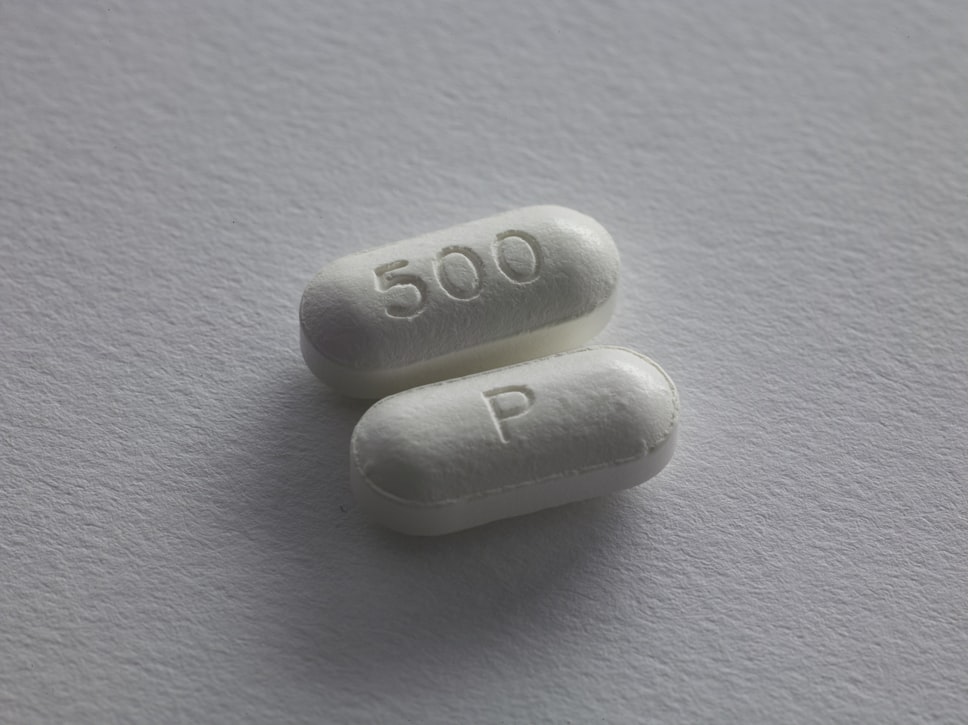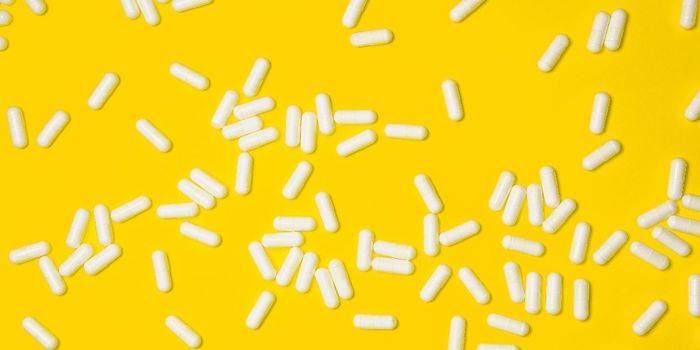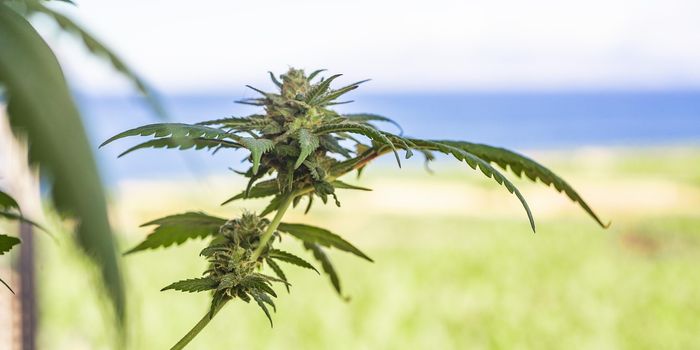Aspirin May Reduce Effects of Air Pollution on Lungs
New research findings, published in the American Journal of Respiratory and Critical Care Medicine, are the first to suggest that the nonsteroidal anti-inflammatory drugs (NSAIDs) such as aspirin can reduce the adverse effects of air pollution on lung function.
"Our findings suggest that aspirin and other NSAIDs may protect the lungs from short-term spikes in air pollution," says first and corresponding author Xu Gao, PhD, a post-doctoral research scientist in the Department of Environmental Health Sciences at the Columbia Mailman School. "Of course, it is still important to minimize our exposure to air pollution, which is linked to a host of adverse health effects, from cancer to cardiovascular disease."
Learn more on how air pollution impacts the body:
The study was generated from analysis examining the relationship between test results, self-reported NSAID use, and ambient particulate matter (PM) and black carbon in the month preceding the test. The study also examined health status of participants and whether or not they smoked. Results showed that NSAID used almost halved of the effect of PM on lung function.
"While environmental policies have made considerable progress toward reducing our overall exposure to air pollution, even in places with low levels of air pollution, short-term spikes are still commonplace," says senior author Andrea Baccarelli, MD, PhD, chair of the Department of Environmental Health Sciences at the Columbia Mailman School. "For this reason, it is important to identify means to minimize those harms."
Although most of the modifying effects was observed from aspirin use as opposed to any other NSAID, researchers believe that NSAID generally mitigates inflammation in the lungs when exposed to pollutants in the air. However, the exact mechanism remains largely unknown as more research is needed.
Source: Mailman School of Public Health










